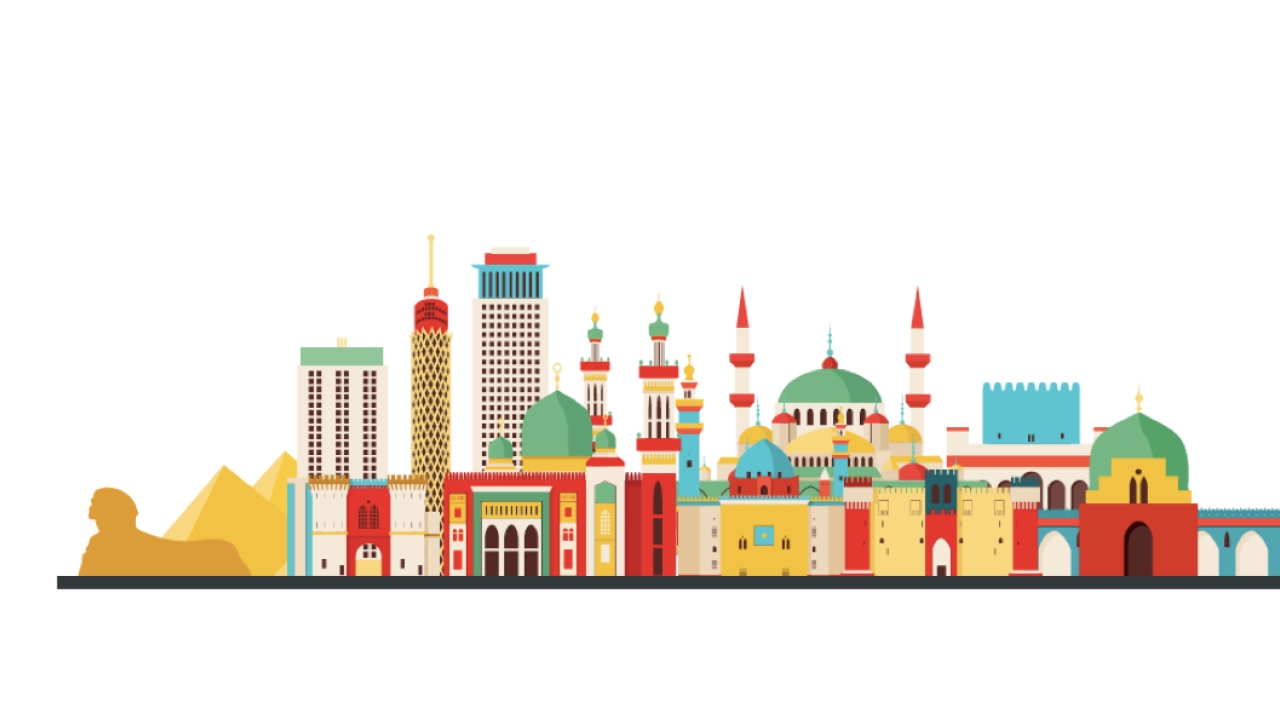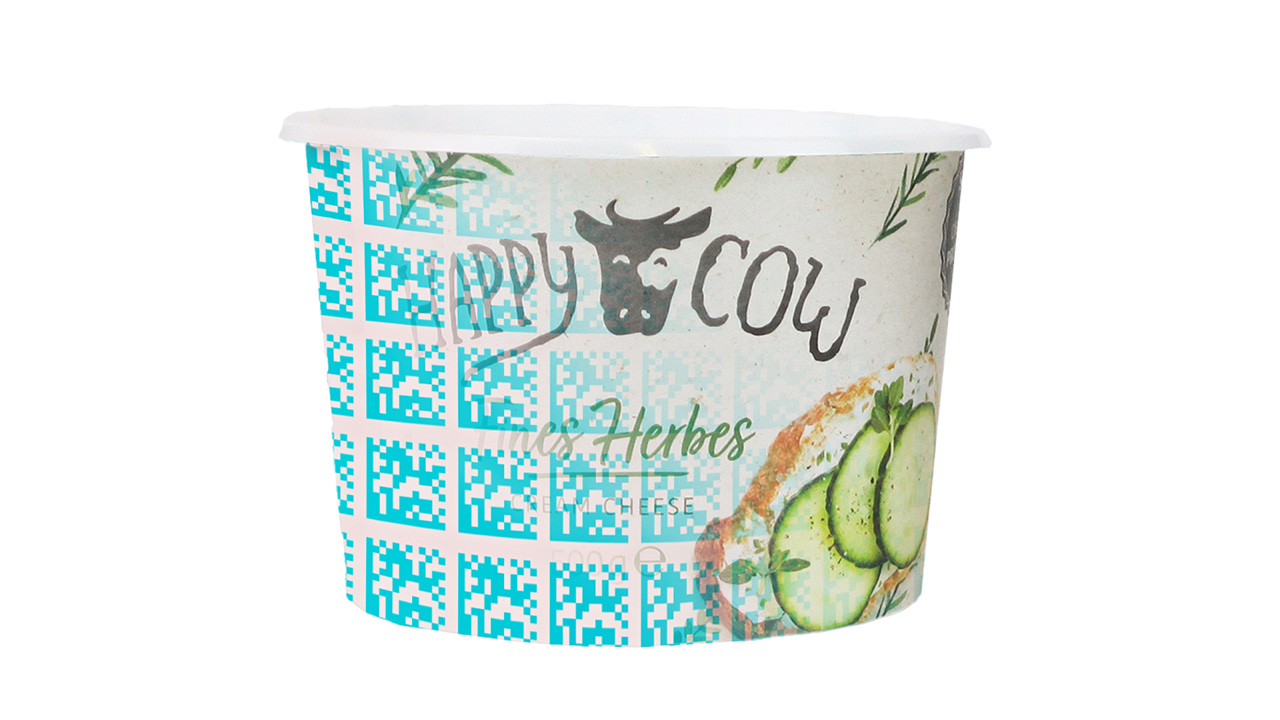Africa: a year of mixed messages

Privileged as your correspondent is to live at Africa’s southernmost tip among the vineyards in Cape Town’s Constantia valley, it’s sometimes difficult to comprehend the gloom that covers much of South Africa – indeed the entire African continent. However, it’s a sad fact that, despite Cape Town’s idyllic status, business confidence has weakened.
The South African economy faces major challenges: insipid growth, a deteriorating fiscus and wide-scale mismanagement of state-owned enterprises (SOEs). This year’s GDP growth is now forecast to be 0.5 percent, down from the 1.5 percent projection made earlier in the year, as the economy battles high unemployment and a rising public service wage bill. In addition, loss-making SOEs (Eskom and South African Airways are two notable examples) continue to put pressure on the public purse, with constant government bail outs. At the same time, Standard & Poor’s has demoted our credit rating from stable to negative, citing low GDP growth, rising deficits and a growing debt burden.
However, against that rather gloomy outlook, there is positive news to be found. One prominent Cape Town-based label converter described how 2018 ended on a high note with significant increases in sales volumes, and a feeling of excitement engendered by Cyril Ramaphosa’s appointment as president, replacing the corrupt Jacob Zuma (thankfully, now facing trial).
But earlier this year the excitement dissipated as the country again faced periodic power outages – thanks to the aforementioned Eskom – and the onset of a recessionary environment.
Nonetheless, this label business – as is the case with many other packaging enterprises throughout the land – remains intent on upping its game, investing bravely in the latest technology to enhance production throughput and label quality, to slash waste levels and improve competitiveness.
Providing a snapshot example of Africa’s woes, the once mighty Nampak is certainly feeling the pinch. For the last three decades, Nampak has been tagged as Africa’s largest packaging company, with production facilities throughout the continent.
However, times are a-changing, and the company has been selling off non-core assets to raise funds. Prime objectives are to reduce debt, cut costs and push into high-margin (even if problematic) markets in the rest of the continent to offset slow growth at home. One such sale was Nampak’s glass business that went to a JV between Kwande Capital and SABSA Holdings, SA Breweries’ holding company owned by Anheuser-Busch InBev, the world’s biggest brewer and among the largest glass manufacturers.
The recent headline ‘Nampak loses nearly R2-billion amid crisis in Zimbabwean currency’ speaks volumes about the African business climate. Nampak has previously warned that currency volatility in Angola and Zimbabwe is affecting performance, but despite such problems has maintained its commitment to these markets.
Ongoing innovation for world-class packaging
Apart from ongoing technology investments, packaging innovation continues unabated. The Institute of Packaging’s Gold Pack Awards is entrenched as the premier event for South Africa’s packaging fraternity. And it’s clear from this year’s results that innovation remains the industry’s mainspring, ensuring world-class packaging.
Capturing the overall Gold Pack Trophy, plus two category gold medals, was Durban’s Shave & Gibson Packaging, recognizing the innovative handbag-shaped Goats Do Roam bag-in-box wine carton. This is just one example of home-grown innovation. The company’s strapline reads Innovation, Quality & Service Delivery, and innovation is first on the list for a very good reason: in today’s tough economy, this is a primary point of differentiation in a highly-competitive folding carton market.
Underlining growth in cross-border trade between South Africa and Zimbabwe was the Star for Africa award that went to Dairypack Tubs (part of Cape Town’s Polyoak Packaging) for in-mold labeled tubs for Ideal Mayonnaise, produced by Zimbabwe’s Pangolin Products. This marks Zimbabwe’s first move to marketing mayonnaise in plastic tubs. The full-length IML offers superior graphics and added oxygen barrier, while a wide rim and foil seal extends shelf life, essential in a market where demand is unpredictable and the supply chain is tough. Tubs and lids are lightweight and nest compactly for efficient transportation from Cape Town to Zimbabwe for filling.
Stay up to date
Subscribe to the free Label News newsletter and receive the latest content every week. We'll never share your email address.


